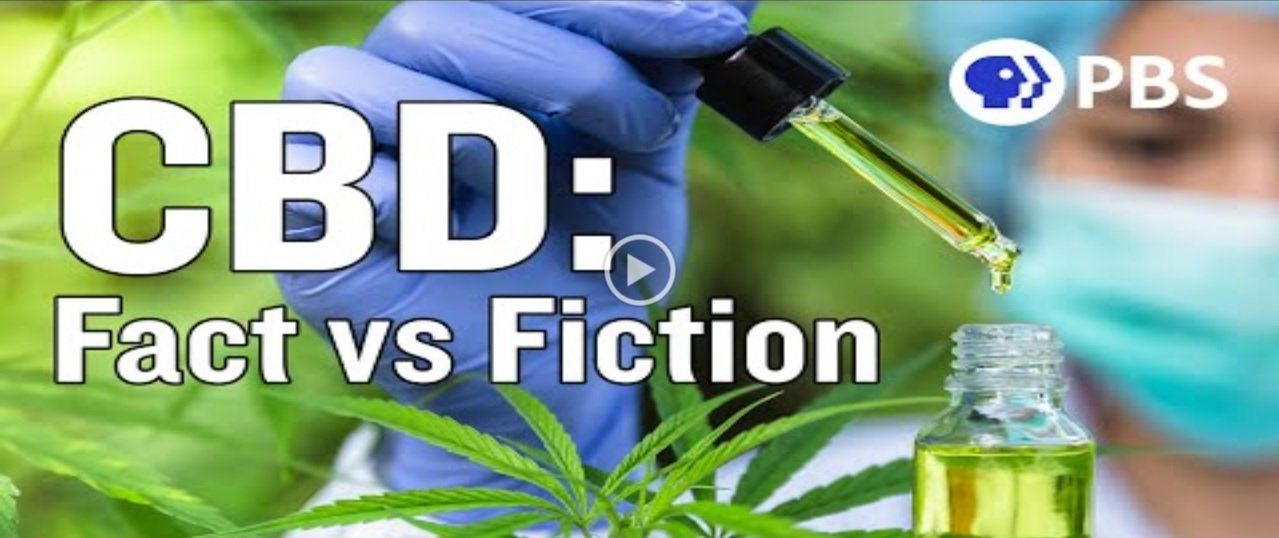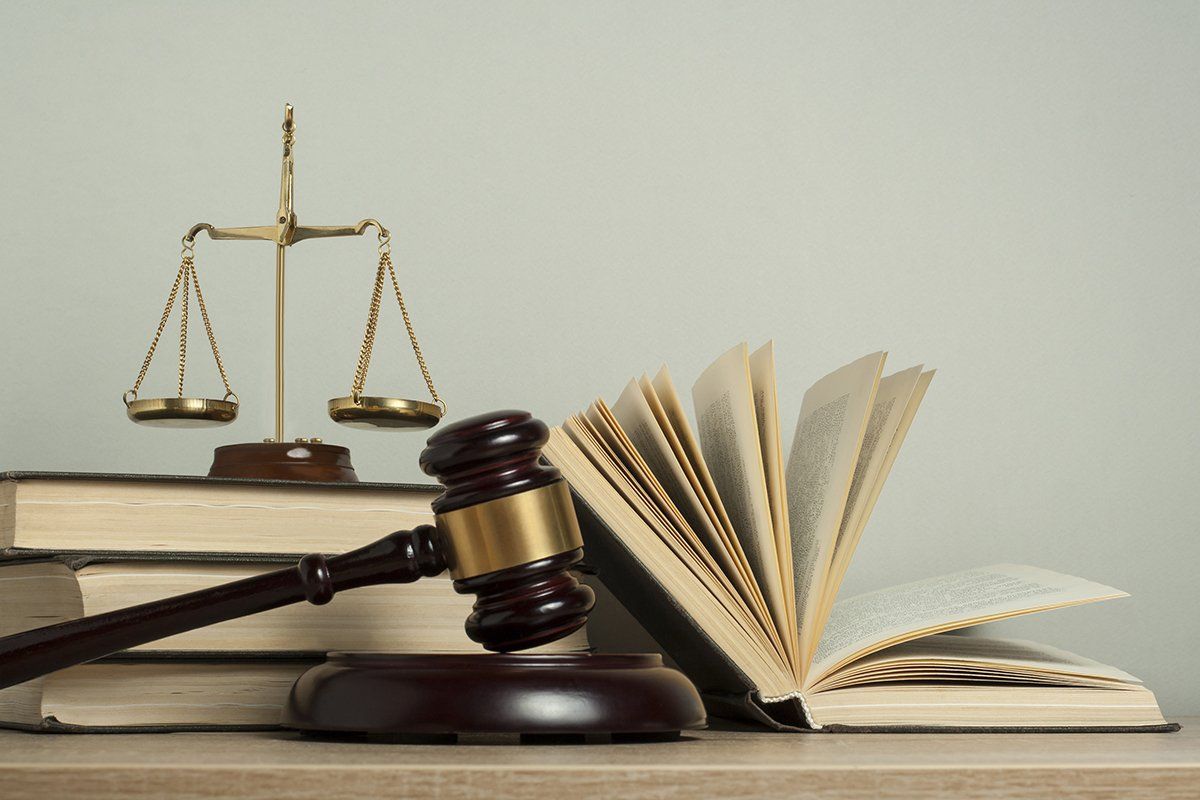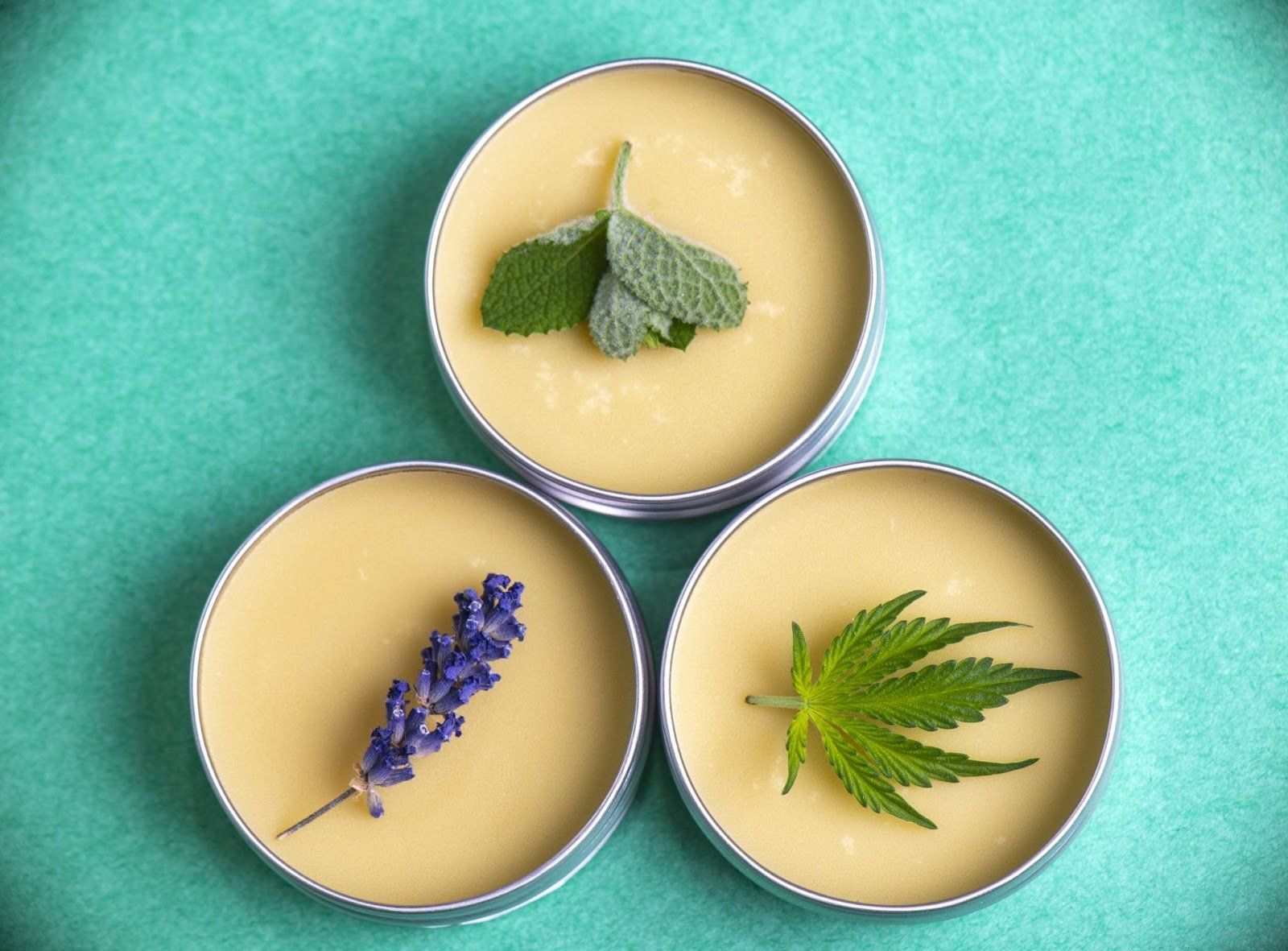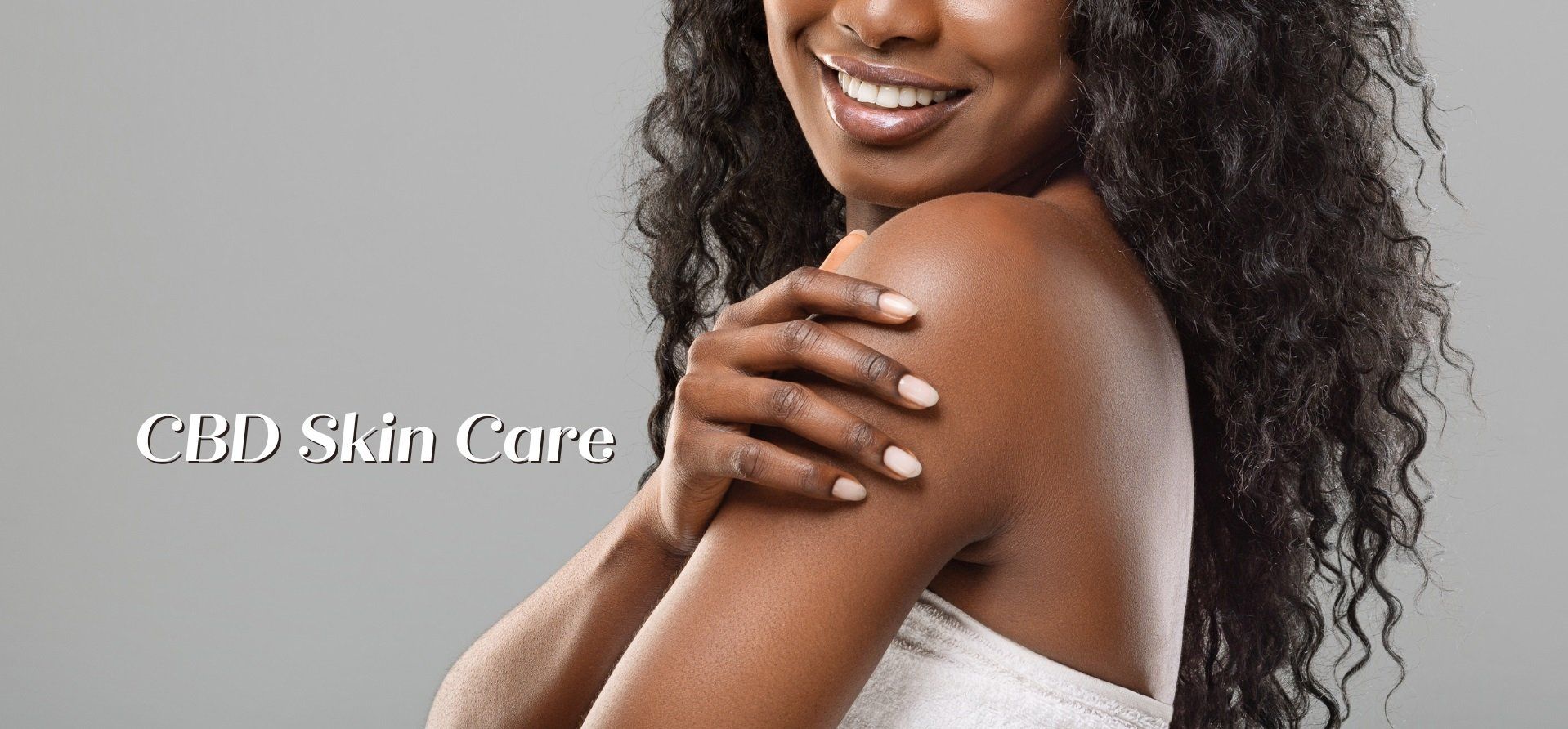Understanding the Endocannabinoid System
The Endocannabinoid System
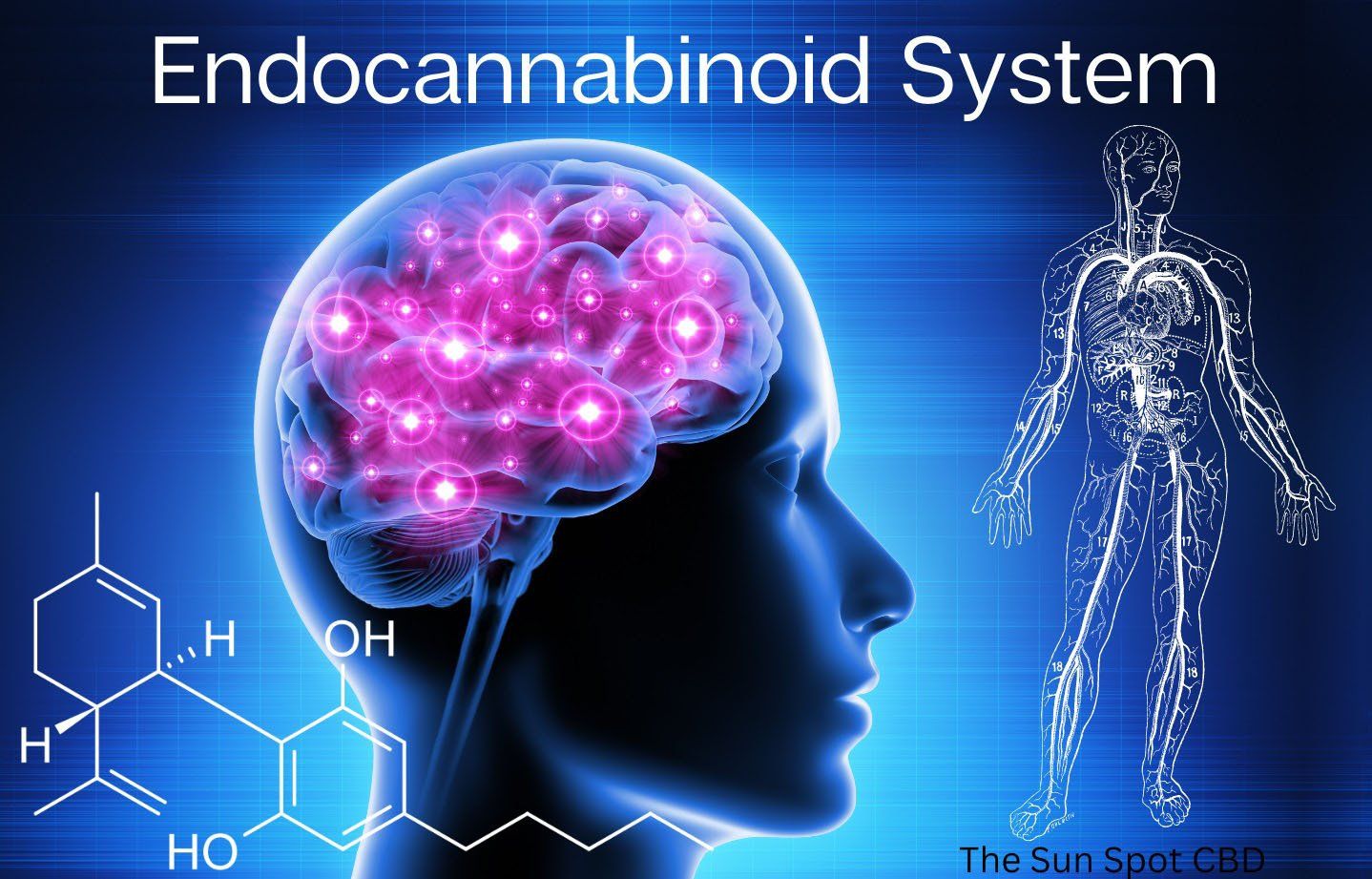
A healthy body must always strive for balance. In a thousand ways, big and small, your body must be able to respond to and regulate it's responses to all manner of changing conditions, both internally and externally. This is the essence of homeostasis. Homeostasis is the body's self-regulating process for maintaining balance among biological processes in response to changing conditions. And maintaining homeostasis is the job of your endocannabinoid system.
Homeostasis is vital to a healthy organism. After all, cancer often represents a disruption of homeostasis. To better understand the concept, let's take a look at a couple simple examples of homeostasis in action.
When your stomach is empty and your blood sugar level dips, you experience hunger pangs and the desire to eat. After consuming sufficient calories, your hunger ebbs, and you stop eating. This is an example of the endocannabinoid system at work, maintaining homeostasis. Likewise, when the temperature drops, you feel cold. So, you turn up the heat, move around, and put on a sweater to raise your body temperature. Crucially, once you warm up, there comes a point at which you stop shivering and regain a sense of comfort. Soon, you lower the heat and remove the sweater. While processes like these may seem very simple, they are essential to maintaining your health and well-being. In a healthy body, the endocannabinoid system is responsible for maintaining homeostasis.
What is the Endocannabinoid System?
The endocannabinoid system (ECS) is a natural biological system found in humans and all animals, including vertebrates and invertebrates. The ECS is responsible for regulating and controlling our most critical bodily functions, maintaining homeostasis. These functions include eating, sleep, temperature control, learning and memory, emotional processing, pain control, immune and inflammatory responses, hormones, blood sugar, and metabolism.
The endocannabinoid system is a vast network of chemical signals and the cannabinoid receptor cells that respond to them. This network extends throughout the brain and the body in our organs, glands, connective tissues, and immune cells. When homeostasis goes out of balance, the ECS responds. For example, when your blood sugar dips, your body releases specific chemical signals that activate cannabinoid receptor cells, causing you to experience the sensation of hunger. As you eat, the ECS monitors your blood sugar, stopping the hunger-activating chemicals. Soon, it sends a new signal telling your body you can finish eating. This is an overly simplified description of the fundamental processes of the endocannabinoid system. In order to maintain homeostasis, the ECS releases chemicals that stimulate the cannabinoid receptor cells that govern a wide range of biological responses.
Your endocannabinoid system must have cannabinoids to activate your cannabinoid receptors. They are the chemicals that flip the switches to raise or lower your body temperature, make you feel hungry or full, cause you to feel sleepy or wide awake. When your body creates the chemical, it is called an endocannabinoid. When the chemical originates outside your body, it is called a cannabinoid. The most famous cannabinoids are THC and CBD, found in cannabis.
What are Cannabinoids?
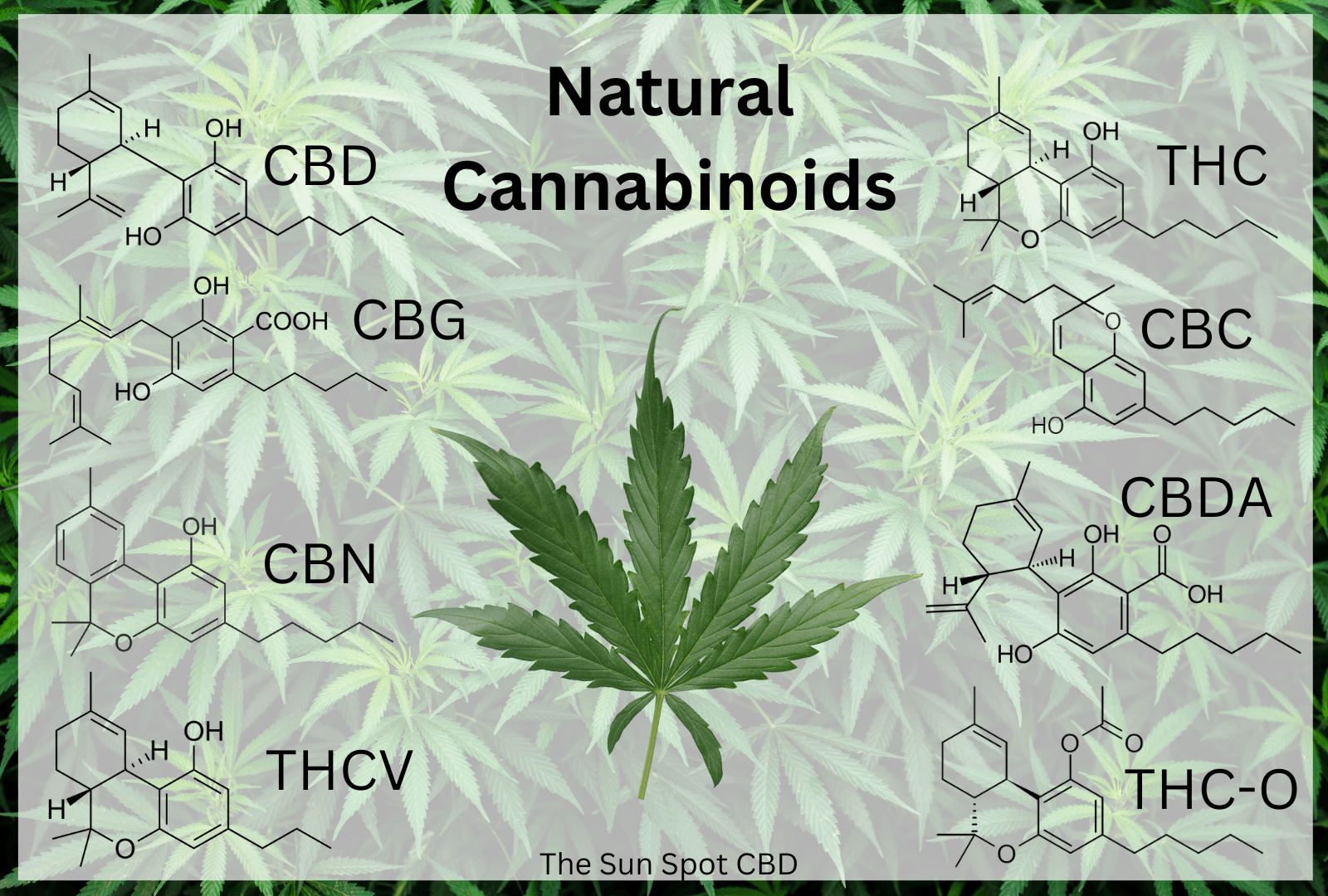
Cannabinoids are naturally occurring compounds that activate the cannabinoid receptors in the endocannabinoid system. When they are created within your body, they are called endocannabinoids. Those formed by plants are termed Phyto-cannabinoids.
It is no accident that these names seem similar to cannabis. The ECS, receptors and compounds were all named after the cannabis plant, the richest known source of plant-based cannabinoids. But many other plants, herbs, and seeds also contain cannabinoids in lower concentrations, including Echinacea, black pepper, oregano, clove, broccoli, ginseng, carrots, cinnamon, sunflowers, black truffle, cacao, and Kava.
Cannabinoids are essential for the healthy functioning of your endocannabinoid system. Your body makes its own, of course.
We will be adding more information about cannabinoids and your endocannabinoid system. Stay tuned!


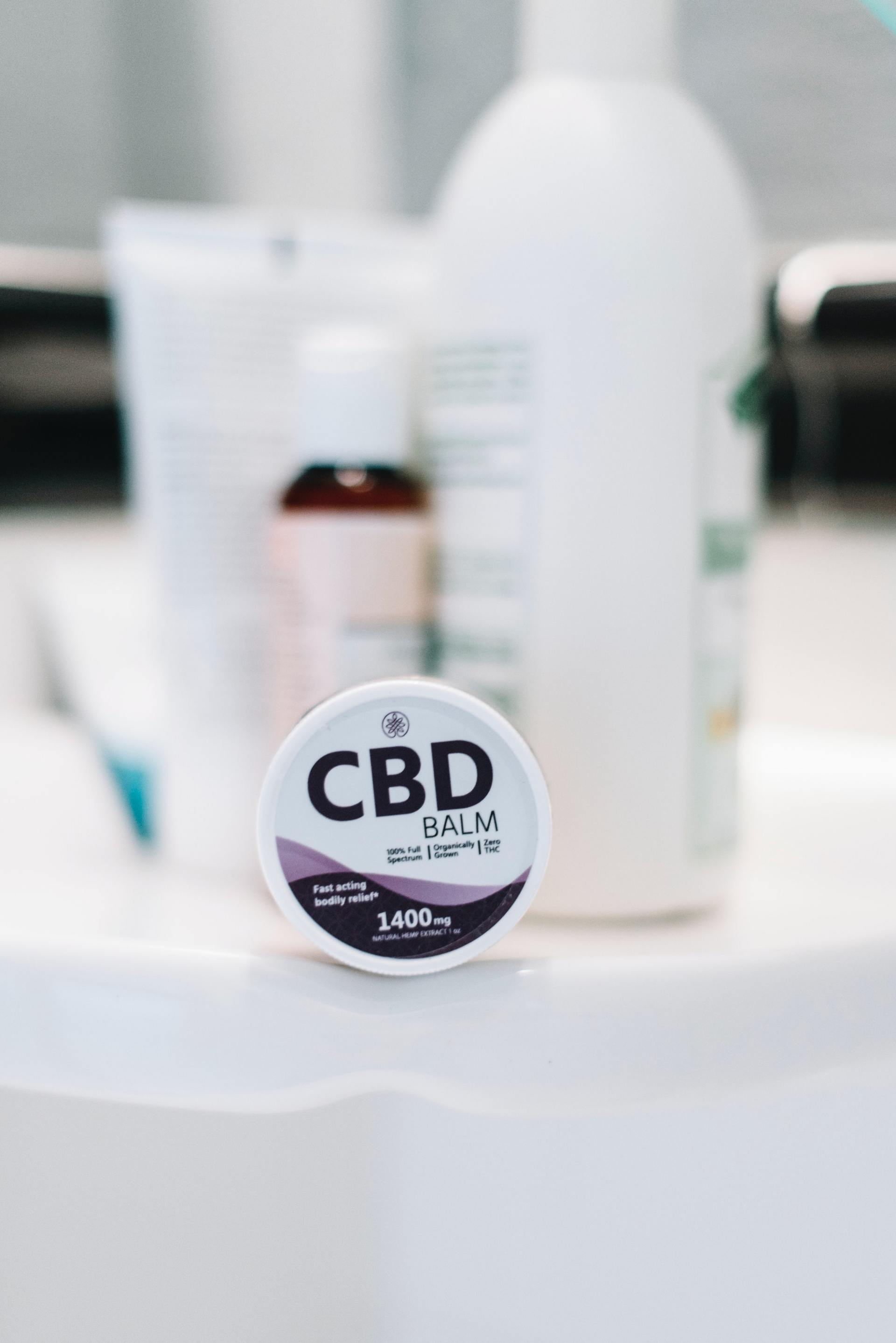
"In these stressful times, we are happy our products make people feel good. And that makes us feel good!"
- Reggie Wise, Founder/Creator
Store 2
66 Gough Street
San Francisco, CA 941021
Customer Service Email: thesunspotshop@gmail.com
All major credit card accepted.

FDA Disclosure: The statements made regarding these products have not been evaluated by the Food and Drug Administration. The efficacy of these products has not been confirmed by FDA-approved research. These products are not intended to diagnose, treat, cure or prevent any disease. All information presented here is not meant as a substitute for or alternative to information from health care practitioners. Please consult your health care professional about potential interactions or other possible complications before using any product. The Federal Food, Drug and Cosmetic Act requires this notice.
The Sun Spot Shop LLC
The Sun Spot Shop LLC
Website built on KUSHY


